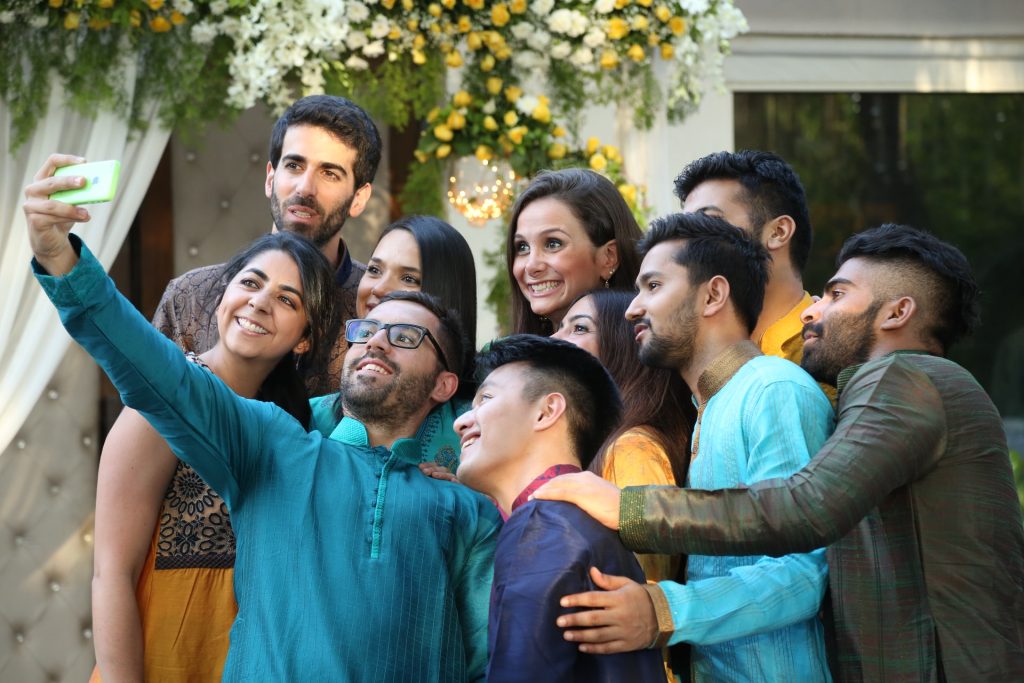Bulgaria– Background and also Culture

Bulgaria is a climatic nation with a lengthy and in some cases difficult background that has actually created a modern, lively civilization that keeps its most captivating aspects of the past, including ancient routines and also folklore. The impacts of different societies and the Eastern Orthodox Church have actually likewise shaped the nation, specifically in regards to celebrations as well as food.
Background
The Thracian people were several of the initial to populate Bulgaria in numerous tribal settlements that were united in the Odrysian kingdom of King Teres around 500 BC. Alexander the Great dominated the area, which was up to the Roman Empire in 46 ADVERTISEMENT prior to coming under Oriental control in the 5th century.
The First Bulgarian Empire was established in 681 with a tribe’s treaty with Byzantium that saw the establishment of the capital at Pliska. A typical Slavonic language and written regulations were established as the Bulgarian state was strengthened and its area broadened by being successful khans during the 8th as well as 9th centuries. Eastern Orthodox Christianity was set up in 864 as well as the Cyrillic alphabet was produced as well as adopted as the official language in the late 9th century. The 34-year golden era rule of Simeon the Great began in 893 and also saw Bulgaria obtain more development.
After Simeon’s fatality, heresy as well as battle with surrounding countries deteriorated the nation as well as saw the First Bulgarian Empire be up to the Byzantines in 1018. To stop disobedience, Emperor Basil II enabled the neighborhood the aristocracy to rule, a plan which finished upon his fatality, motivating a break out of not successful uprisings.
Nobles of the Asen dynasty created the 2nd Bulgarian Empire after a revolt in 1185, establishing the capital at Tarnovo. The state flourished under the Asen dynasty, which lasted up until 1257 when interior disputes as well as strikes from Oriental, Hungarian and also Mongol pressures saw the town fall apart. 3 tsars as well as many warring semi-independent principalities emerged towards the end of the 14th century and also ultimately was up to Ottoman occupation.
Ottoman rulers categorized the Bulgarians as substandard, quelching their society as well as imposing hefty tax obligations. The the aristocracy were gotten rid of, the enlightened clergy got away to various other countries and the peasants were confined. They ruled for 5 centuries throughout which time there were lots of unsuccessful revolts, consisting of the 1876 April Uprising which saw the Ottomans bloodbath about 30,000 residents to stop the rebellion. The Great Powers of the UK, the Austrian Realm, Prussia, France, and Russia attempted to bargain a treatment which led the way for Russia to state war on the Ottomans in 1877. Bulgarian volunteers assisted defeat the oppressors and tried to develop a new state in 1878 based upon the territories of the 2nd Bulgarian state. The Great Powers declined this, creating just a tiny land via a succeeding treaty which left several Bulgarians outside of their new country.
The brand-new Bulgarian principality got land from Serbia, declared itself an independent state in 1908 as well as becoming progressively militarized. The nation was associated with 2 Balkan Wars and also WWI between 1912 as well as 1918, which saw the location lose a big quantity of area as well as wrecked the economic situation.
Tsar Boris III developed a dictatorship, which in 1941, saw Bulgaria enter WWII as a participant of the Axis forces. Nonetheless, Bulgaria saved its Jewish population from being deported to concentration camps by avoiding involvement in Operation Barbarossa. Boris III passed away in 1943, which developed political chaos around the moment the battle turned against Germany and also a regional Communist guerilla motion began to gain momentum. The communist Fatherland Front took power in late 1944, abolishing monarchy and also damaging its alliance with Germany to join the Allies.
A single party republic was established in 1946 and, under a Soviet planned economy; the standard of living had actually increased by the mid-1950’s, which saw a reduction in political suppression. Some experimental market-oriented policies emerged under the 1954-1989 leadership of Todor Zhivkov, as well as his little girl boosted nationwide pride with the worldwide promotion of Bulgarian art, heritage, as well as culture. A project of assimilation to erase the identity of the ethnic Turk minority started in 1984, leading to their mass emigration to Turkey.
The collapse of the Eastern Bloc triggered the Communist Party of Bulgaria to finish its political monopoly with the resignation of Zhivkov and also the change in the direction of a parliamentary democracy. The Bulgarian Socialist Event (the newly relabelled Communist Party) won the first totally free elections in 1990 and also established a new constitution in 1991. The new system led to an economy as well as ordinary living typical below that of the Communist period up until a 1997 reform started to recover development. In 2004, Bulgaria joined NATO and the nation ended up being a European Union participant in 2007.
Society
The society of Bulgaria is based upon an intriguing mix of Thracian, Slavic and also Bulgar practices, together with the impact of the Eastern Orthodox Church. Several ancient customs stay, such as Thracian fire dancing, which is recognized by UNESCO as an Intangible Social Heritage. Bulgaria also has a strong folkloric custom that pervades several aspects of art, literary works, songs, events as well as every day life.
Amongst various other powers, Bulgaria has actually been overcome by the Roman, Ottoman and Persian regimes, as well as a lot of these attempted to quelch neighborhood society. Nevertheless, a strong linguistic base and also resistant as well as determined outlook allowed Bulgaria to maintain and keep its identity, emerging as an independent country with unique food, traditions, behaviors and ideas, of which individuals are justifiably honored.
Read more →